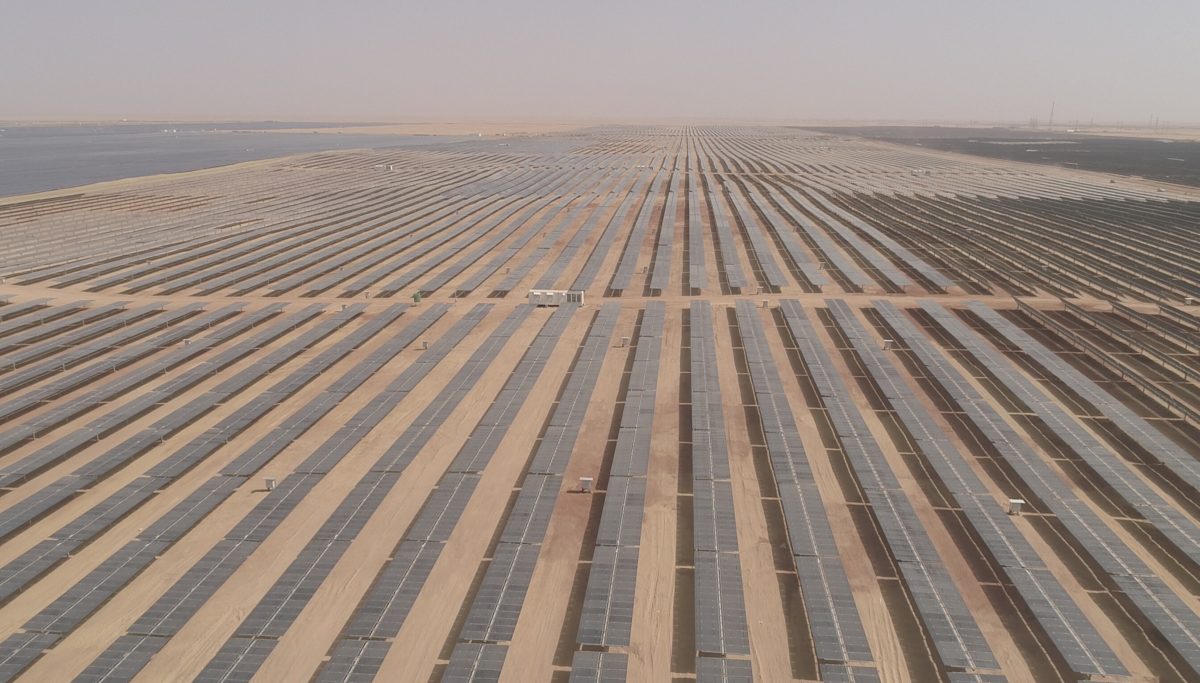The Egyptian Electricity Transmission Co has secured a €183 million loan from the European Bank for Reconstruction and Development (EBRD) to help it integrate 1.3 GW of new renewable energy generation capacity into its grid as it faces the challenge of rising electricity demand.
The transmission company said it will use the loan to refurbish the network and add new high-voltage substations, in part to reduce transmission losses. The EBRD will also help the grid operator and Egypt’s electricity regulator develop a regulatory framework to facilitate private energy generation and supply projects.
The lender promised to help Egypt establish a “new channel for the growth of the private renewable sector, which will further improve the sector’s competitiveness”. The EBRD said the financial support it is offering is part of its broader efforts to back “the development of a more resilient and robust electricity grid across Egypt”.
Popular content
Egypt aims to source 20% of its electricity from renewables by 2022 – and 42% by 2035 – in line with legislation introduced in 2015. International Renewable Energy Agency figures stated the country had just 750 MW of solar generation capacity at the end of last year but the government is rapidly bringing large amounts of new PV capacity online – most notably at the massive Benban solar complex.
In May, the EBRD acquired a $100 million (€90.8 million) stake in the clean energy unit of Turkish construction and power conglomerate IC Energy Holding. The move followed the lender’s work with the Turkish energy ministry on a plan to install 27 GW of non-hydro renewables capacity by 2023. The London-based institution followed that investment a month later with a $16.7 million to Chinese developer Universal Energy, to build 30 MW of solar capacity in Kazakhstan. That loan package, offered in cooperation with the Green Climate Fund, was the eighth project under the EBRD’s €200 million Kazakhstan renewables framework.
This content is protected by copyright and may not be reused. If you want to cooperate with us and would like to reuse some of our content, please contact: editors@pv-magazine.com.


By submitting this form you agree to pv magazine using your data for the purposes of publishing your comment.
Your personal data will only be disclosed or otherwise transmitted to third parties for the purposes of spam filtering or if this is necessary for technical maintenance of the website. Any other transfer to third parties will not take place unless this is justified on the basis of applicable data protection regulations or if pv magazine is legally obliged to do so.
You may revoke this consent at any time with effect for the future, in which case your personal data will be deleted immediately. Otherwise, your data will be deleted if pv magazine has processed your request or the purpose of data storage is fulfilled.
Further information on data privacy can be found in our Data Protection Policy.